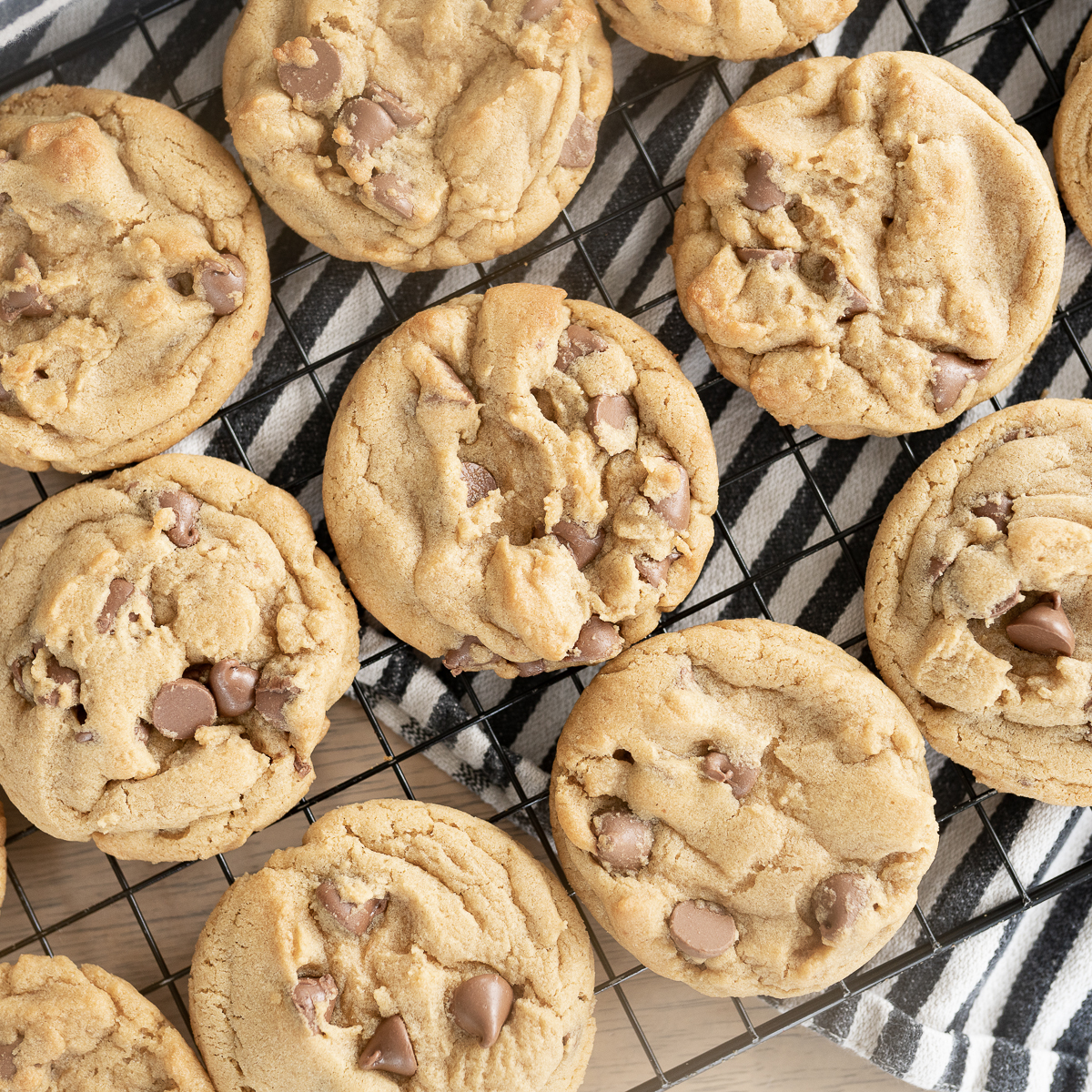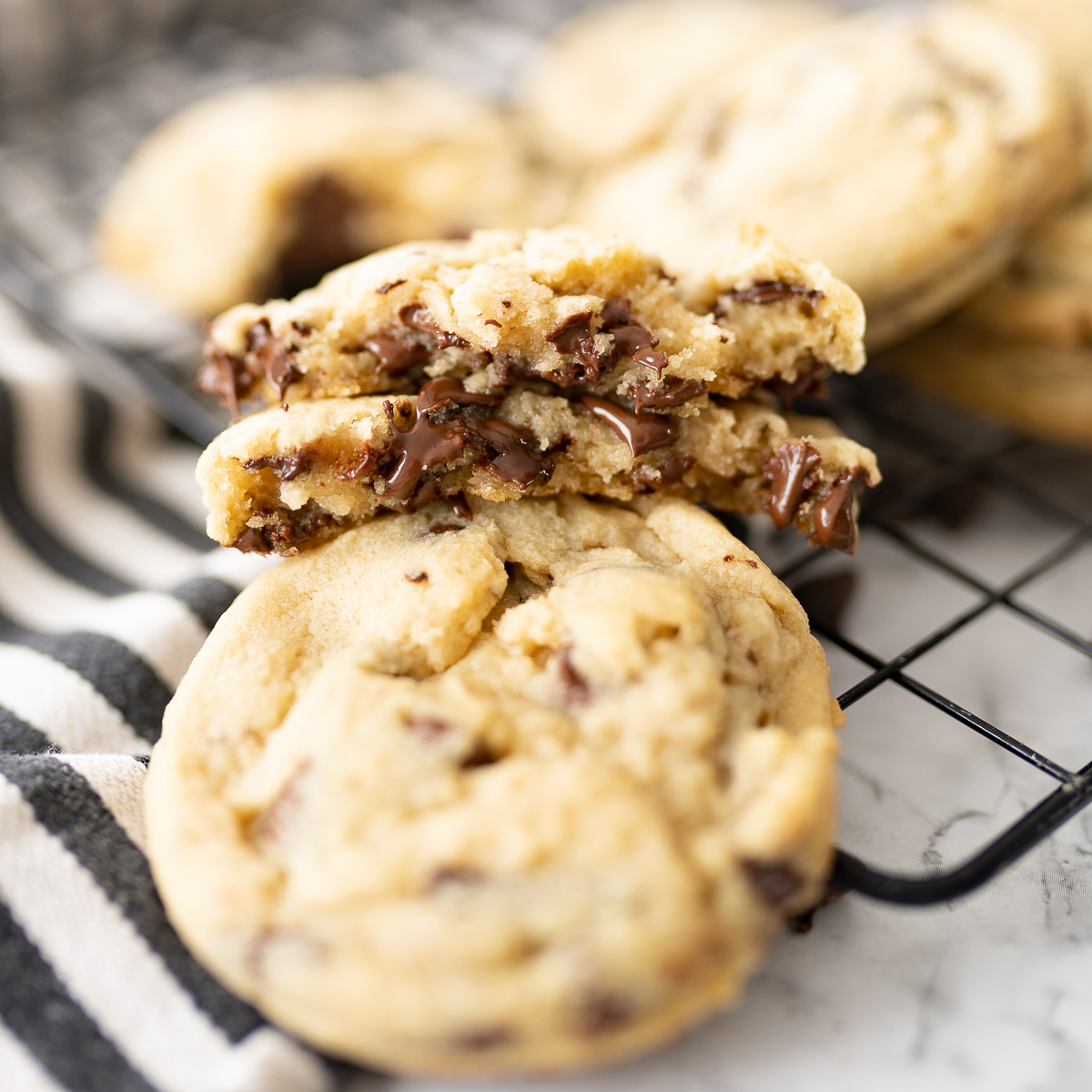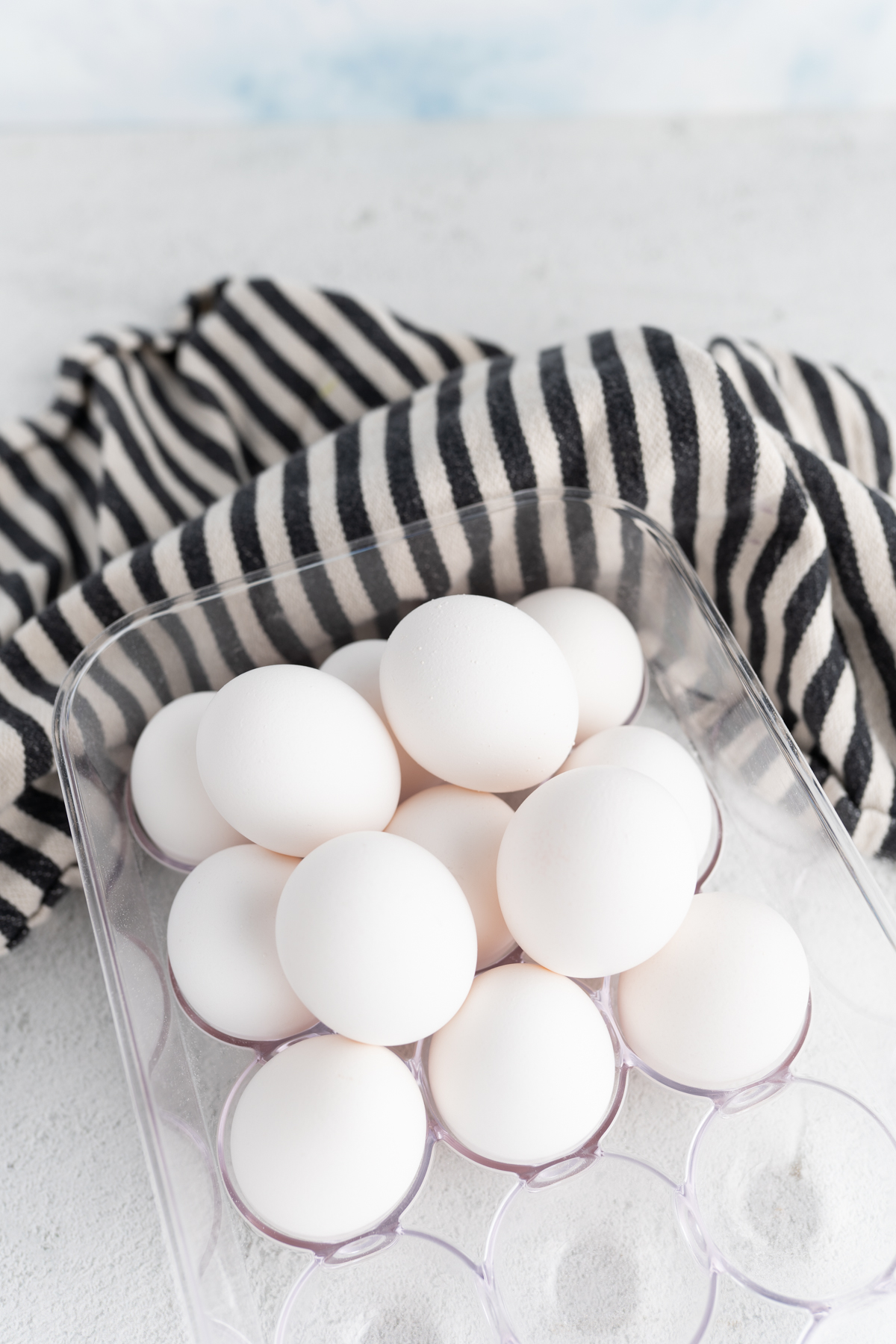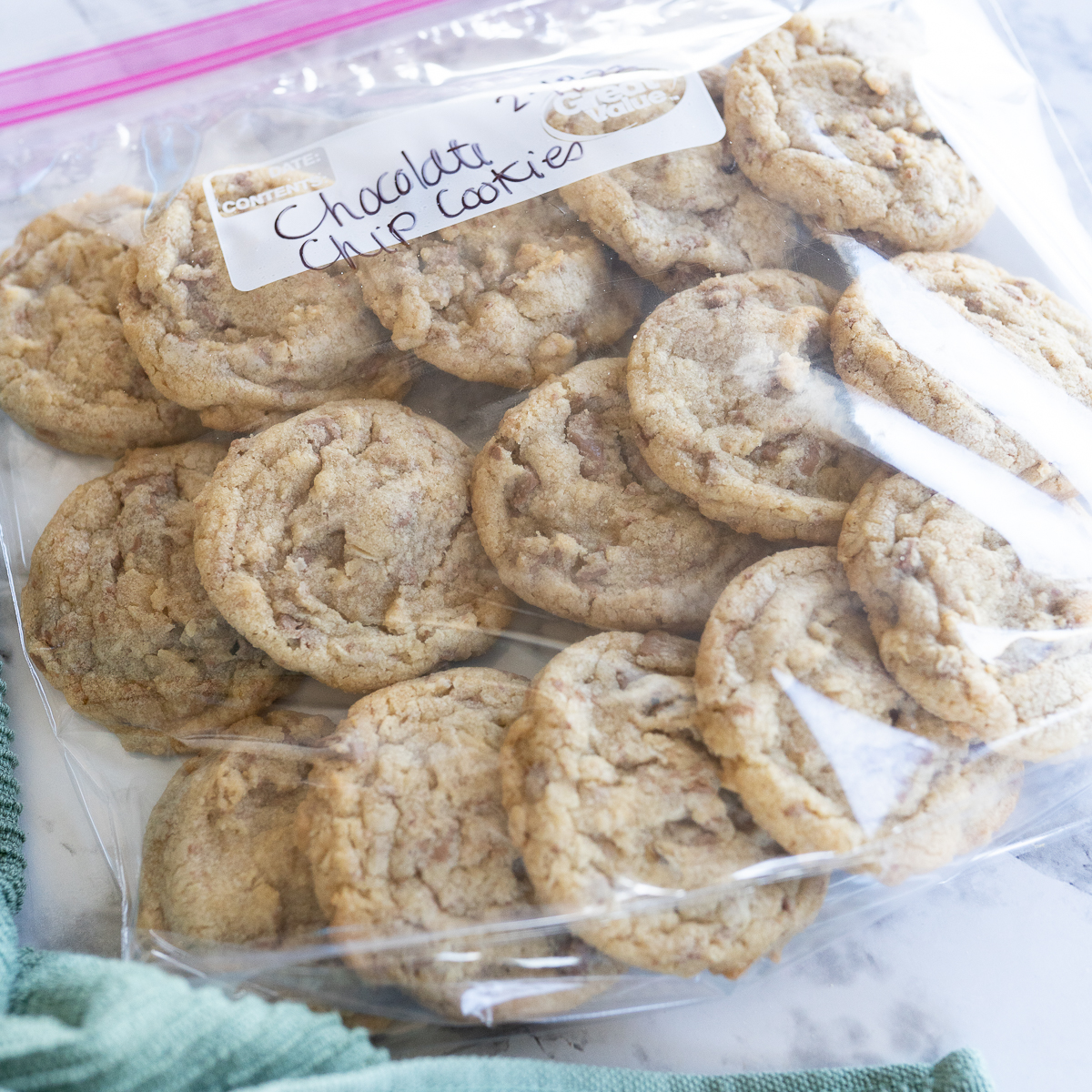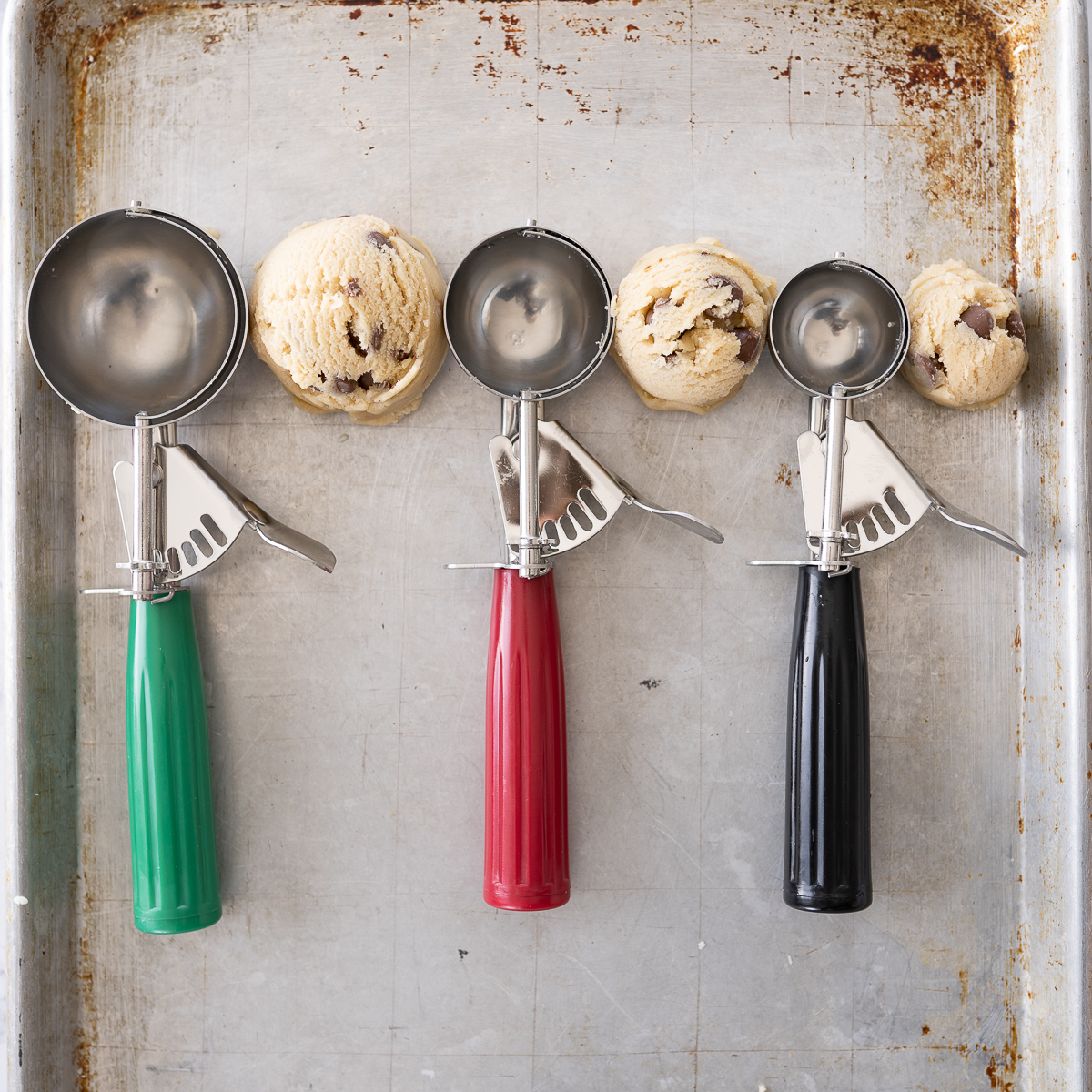Difference Between Margarine and Butter
The debate about the difference between butter and margarine is as classic as it gets. I grew up in a butter household and my husband hails from team margarine. But what’s the actual difference? Well, while they are used interchangeably, both have unique attributes that set them apart and this blog post will help you understand what those are.
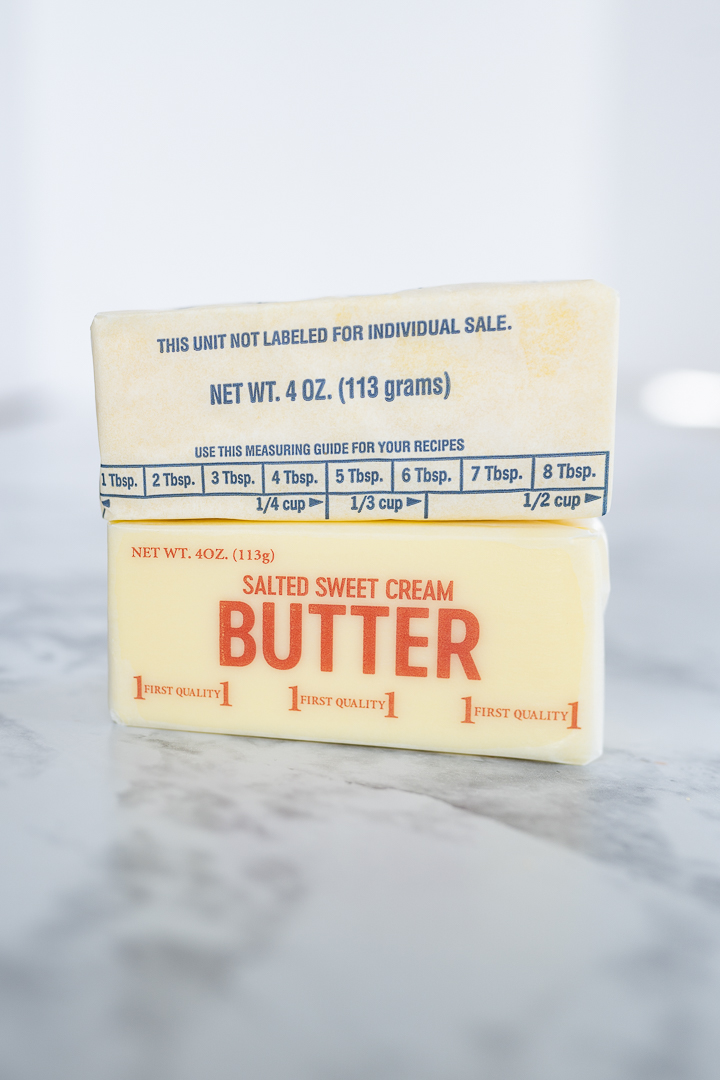
Margarine vs Butter
Butter
Butter is a dairy product, created by churning the fatty portion of cow’s milk until it solidifies – it’s pretty straightforward. It is high in saturated fats and cholesterol (because of its dairy base), but the flavor of butter is typically rich and creamy.
Margarine
Margarine is a non-dairy, plant-based product, primarily composed of refined vegetable oil and water, often with added salt and emulsifiers to enhance texture and spreadability. The production process for margarine is a more complex process, adding hydrogen atoms to vegetable oil to make it solid at room temperature.
Because margarine is engineered, the flavor can vary depending on the formula. But most times? Margarine tastes like butter. The processing of margarine also impacts its nutrition, containing unsaturated fats (which are typically healthier), but also containing trans fats on occasion.
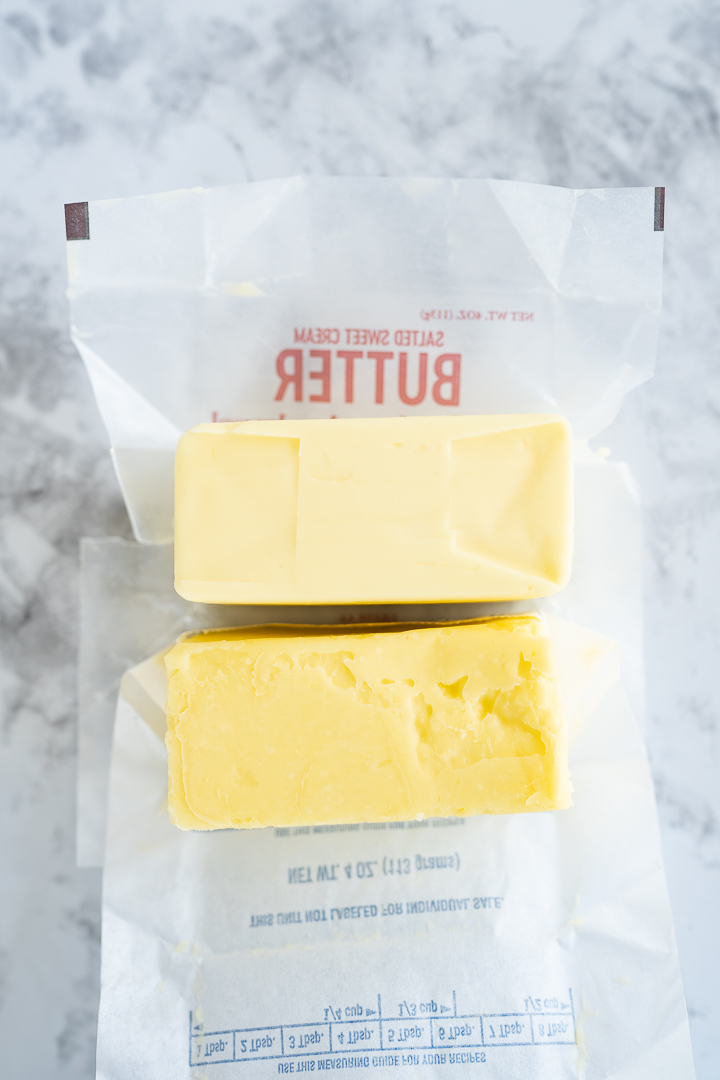
Butter vs Margarine in Cooking & Baking
Both butter and margarine can be used in baking and cooking! Butter is often the choice for baking due to its flavor profile, while margarine, being cheaper and having a higher smoke point, can be a practical choice for cooking.
In baking, butter can add a rich flavor and tenderness to baked goods, while margarine might lead to a softer texture. Both serve their purposes!
But note: when a recipe calls for margarine (like my lofthouse cookie recipe) it is important to get a margarine with a high oil content. Depending on their processing, certain margarines (like Imperial margarine or tub maragarine) have a much higher water content which makes cookie dough MUCH too runny. When baking, I always use the store brand margarine!
Margarine vs Butter: Dietary Concerns
If you have a dairy allergy or intolerance to lactose, you can typically consume margarine. This is because it is a plant-base and lactose free!
For those following vegan or kosher diets, margarine is typically suitable as it doesn’t contain animal products. However, it’s crucial to read labels carefully, as some margarines may contain trace animal products or may not be certified as kosher.
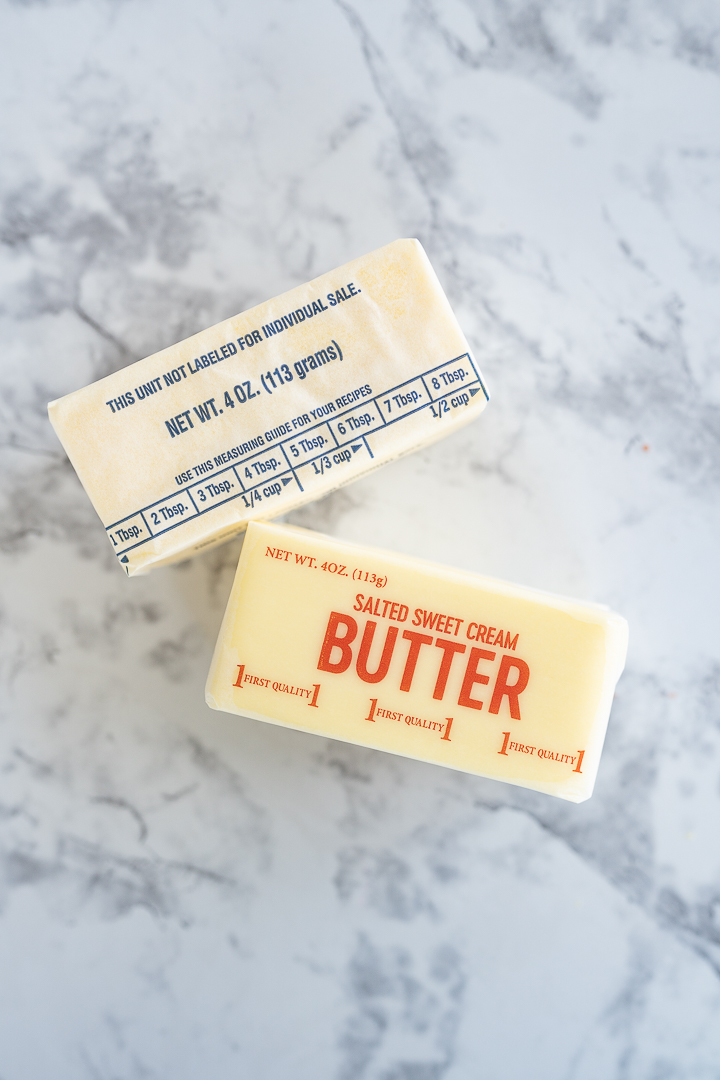
I hope this post has been helpful in determining the difference between butter and margarine! Let me know if there are other cooking questions you’d like me to unravel!

